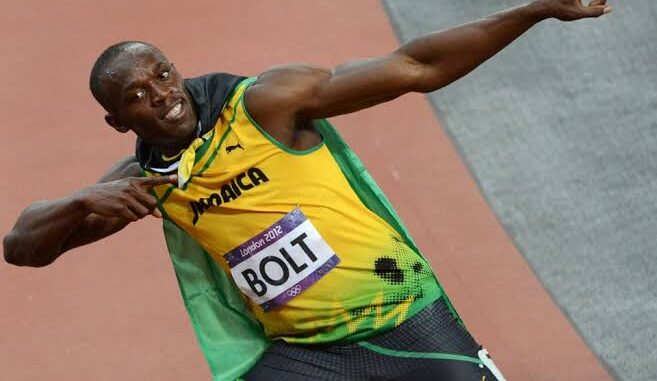
Sub-nine is possible’ – Usain Bolt record could be in jeopardy after new innovation…
In a development that could rewrite the history of sprinting, experts are now suggesting that a sub-nine-second 100-meter dash is within reach — potentially threatening Usain Bolt’s legendary 9.58-second world record. Thanks to a groundbreaking innovation in training technology and biomechanical analysis, athletes may soon break barriers once thought impossible.
The claim comes in the wake of a new wave of sports science advancements that are revolutionizing how sprinters prepare, recover, and perform. At the heart of this progress is a sophisticated combination of AI-driven motion capture, personalized muscle activation training, and ultra-responsive track surfaces that are fine-tuned to enhance propulsion and reduce energy loss.
According to Dr. Javier Kimura, a leading sports technologist with the Human Performance Institute, the current pace of innovation suggests the long-standing record is “not just vulnerable — it’s under real threat.”
“We’ve seen incremental improvements over the past decade, but now we’re looking at exponential changes,” Kimura said. “With the right athlete, environment, and support system, a sub-nine-second sprint is no longer a fantasy. It’s becoming a scientific possibility.”
The central piece of this innovation is a new high-speed motion capture system that analyzes every micro-movement of an athlete’s stride in real-time. It provides instant feedback, allowing sprinters and coaches to make immediate biomechanical adjustments for maximum efficiency. Combined with AI algorithms that personalize training loads and recovery cycles down to the cellular level, athletes are pushing their physical limits with unprecedented precision.
One of the top sprinters in the world, whose identity is being kept under wraps for now, has reportedly clocked unofficial times that dip below 9.50 seconds during private training trials using this technology — though these results are yet to be independently verified.
Usain Bolt, who retired from professional sprinting in 2017, remains the fastest man in history with his iconic performance at the 2009 World Championships in Berlin. Since then, no sprinter has come within striking distance of his mark. Yet, the recent innovations are stirring speculation that a new era in sprinting may be imminent.
Bolt himself has responded to the rumors with a mix of intrigue and pride. “Records are meant to be broken,” he said in a recent interview. “If someone can do it clean and with the right spirit, I’ll be the first to congratulate them.”
However, critics warn against premature excitement. Some argue that the sport must tread carefully to ensure that technology doesn’t overshadow natural talent or open the door to unfair advantages. World Athletics has yet to weigh in officially on whether the new systems comply fully with competition regulations.
Still, the buzz is undeniable. With the 2025 World Championships and the next Olympics on the horizon, the track world is holding its breath. Could we witness history again — this time with a sub-nine-second sprint?
If so, the legacy of Bolt might not be dethroned, but it would evolve — from the final word on speed to the launchpad for the next great leap in human performance.



Be the first to comment